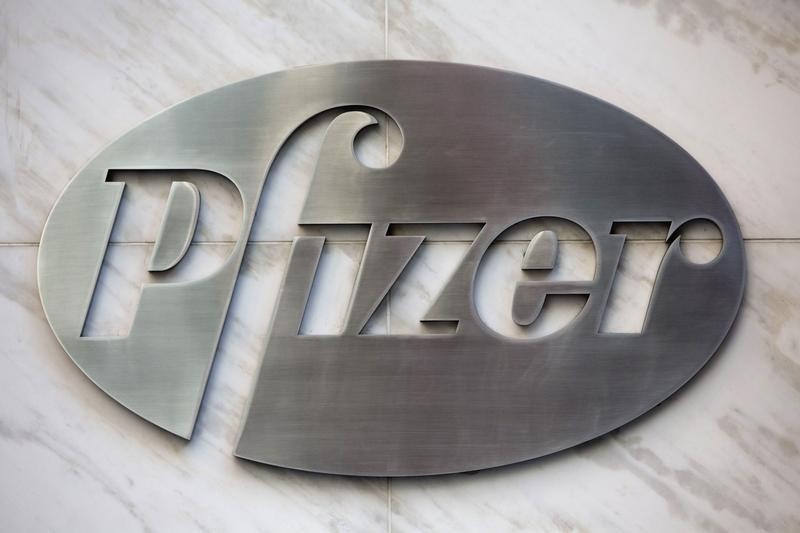This post was originally published on this site
https://i-invdn-com.investing.com/trkd-images/LYNXMPEJ2J0XD_L.jpg
(Reuters) -Moderna Inc expects to price its COVID-19 vaccine at around $130 per dose in the U.S. going forward as purchases move to the private sector from the government, the company’s president Stephen Hoge said in an interview on Monday.
“There are different customers negotiating different prices right now, which is why it’s a little bit complicated,” Hoge said ahead of a Congressional hearing run by Democratic U.S. Senator Bernie Sanders on Moderna’s pricing plans.
Moderna (NASDAQ:MRNA) previously said it was considering pricing its COVID vaccine in a range of $110 to $130 per dose in the United States, similar to the range Pfizer Inc (NYSE:PFE) said in October it was considering for its rival COVID shots sold in partnership with BioNTech.
Hoge said the government’s Medicare health plan for seniors pays $70 per dose for the seasonal influenza vaccine. That there were two to three times more hospitalizations and deaths from COVID in the past three months alone than from the flu went into the company’s pricing reasoning, Hoge said.
The Biden Administration has said the pandemic public health emergency will end in May, shifting price negotiations to insurers and other purchasers instead of just the federal government.
Sanders, chair of the Senate’s powerful Health, Education, Labor and Pensions Committee, has said Moderna should not raise the price of its vaccine because of the government funding it received. He plans to question Moderna Chief Executive Stephane Bancel on the price increase at the hearing on Wednesday.
Hoge said the company had more than paid back that federal support by selling a similar number of mRNA COVID vaccines as Pfizer to the government for around $3 billion less, and that Moderna had paid to ramp up its vaccine manufacturing itself.
Moderna in February forecast significantly declining 2023 COVID-19 vaccine sales, which reached $18.4 billion in 2022.
Demand for the shots has declined sharply this year due to built up product inventories around the world and increased population immunity from high rates of vaccination and previous infections.

